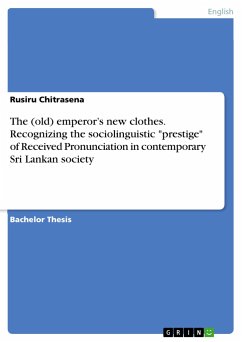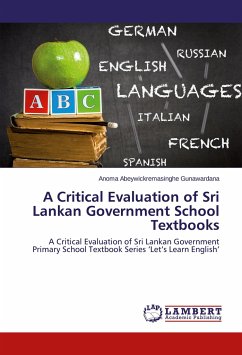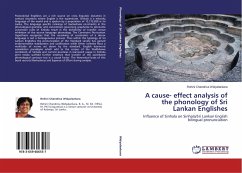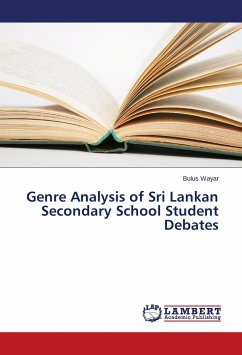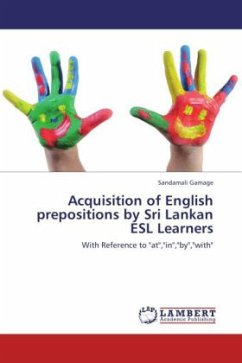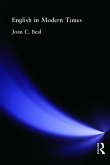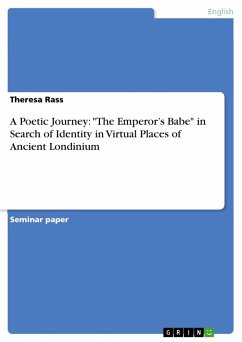Bachelor Thesis from the year 2014 in the subject English Language and Literature Studies - Linguistics, , course: Bachelor of Arts (Honours) Special Degree in English Studies, language: English, abstract: The present thesis is an attempt to recognize the sociolinguistic prestige of Received Pronunciation (RP) in contemporary Sri Lankan society, using attitudes, perceptions, and practices of habitual English users in Sri Lanka. Since this study approaches RP from a number of dimensions that are vital in a sociolinguistic study of an accent, this plurality of dimension is reflected in its methodology. The research methods are (a) an attitudinal survey; (b) a series of semi-structured interviews; (c) Observation of participants' behaviour during interviews; and observation of RP used by Sri Lankans.RP's prestige has not changed radically even after 64 years of independence from colonial rule, despite the burgeoning discussion on the suitability of the home-grown standard of Englishat academic and policy levels. However, Sri Lankan English has surpassed RP as the descriptive standard ,that is, the standard sanctioned by actual use despite RP's continuous role as the prescriptive and the imagined standard, which is accorded more prestige.The residual sociolinguistic prestige of RP is initially examined as a matter of language ideologies surrounding the English language as well as language in general. Subsequently, the discussion focuses on the British-orientation of English language teaching in Sri Lanka, particularly the Elocution industry where RP is still promoted as the most appropriate model for teaching English pronunciation.Finally, the validity of the claim that RP is used by (at least a segment of) proficient English users in Sri Lanka is evaluated. The supposed users of RP in Sri Lanka are considered together as a small speech community that shares common socio-linguistic characteristics among each other. Despite its miniature existence, the community of RP users seems to encompass a complex hierarchical structure, consisting of different layers of membership.
Hinweis: Dieser Artikel kann nur an eine deutsche Lieferadresse ausgeliefert werden.
Hinweis: Dieser Artikel kann nur an eine deutsche Lieferadresse ausgeliefert werden.

